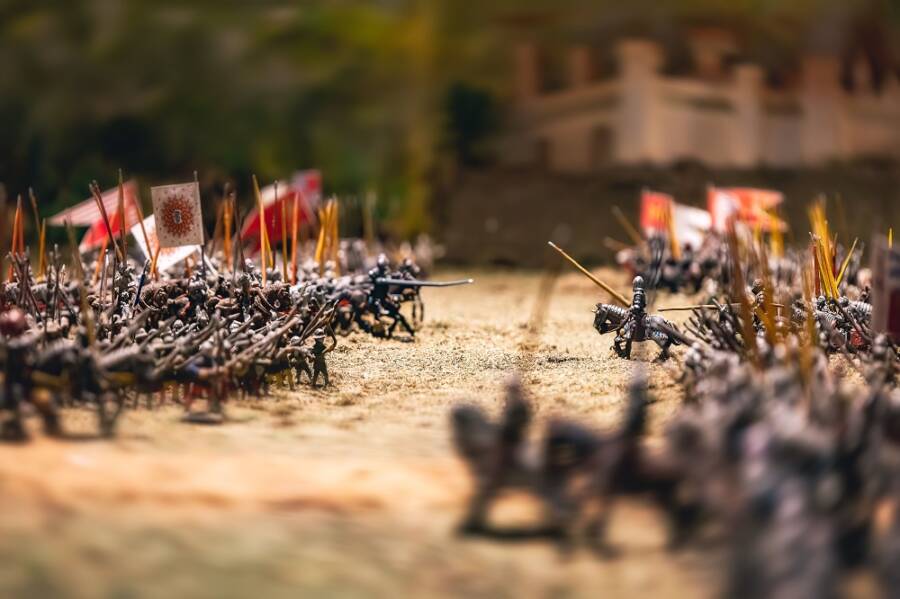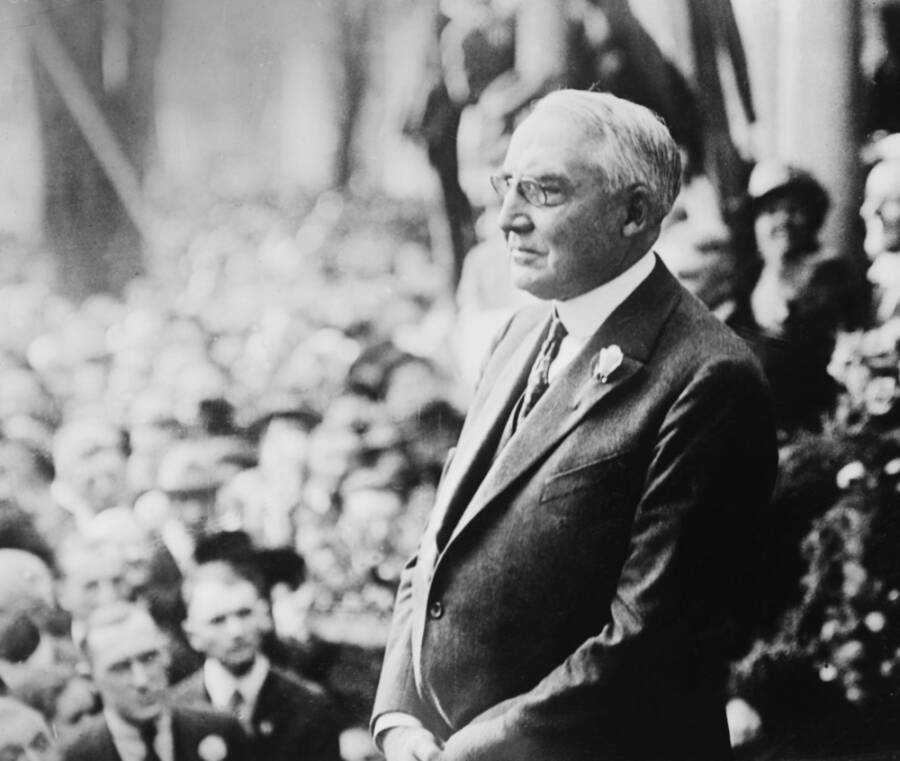
— License: Public domain
Cross-Cultural Connections and Interactions
While the Titanic is often seen as a fundamentally British story—built in Belfast, registered in Liverpool, and sailing from Southampton—its crew was a reflection of a more interconnected world. The port of Southampton was a hub for international labor, drawing mariners from across the British Isles and beyond. Many crew members were Irish, seeking better wages than they could find at home. The ship’s orchestra, famous for playing on as the ship went down, was composed of musicians from Britain, France, and Belgium, hired as a unit to entertain a discerning international clientele.
The most prominent non-British contingent was the staff of the first-class À la Carte Restaurant. This exclusive eatery was managed independently by a renowned Italian restaurateur, Luigi Gatti, who brought his own hand-picked team of about 60 chefs, waiters, and kitchen staff, mostly from Italy and France. They were considered his private employees, not White Star Line crew, and were housed in their own quarters. This “restaurant within a ship” highlights the global nature of luxury service at the time. Tragically, only a handful of Gatti’s staff survived.
Another often forgotten group were the eight Chinese sailors who had signed on as firemen. Six of them survived the sinking, a remarkable feat given their position in the lower decks. Their story, however, was quickly erased by the racially charged political climate of the era. Upon their arrival in New York, they were barred from entry due to the American Chinese Exclusion Act and were forced to board another ship bound for the Caribbean the very next day. Their experience is a stark reminder of how global events are often filtered through the lens of local prejudices and discriminatory policies. The historical events surrounding their survival and subsequent treatment reveal the deep-seated xenophobia of the period, standing in sharp contrast to the celebrated stories of other survivors.
Explore more at HistoricalFiles.com





